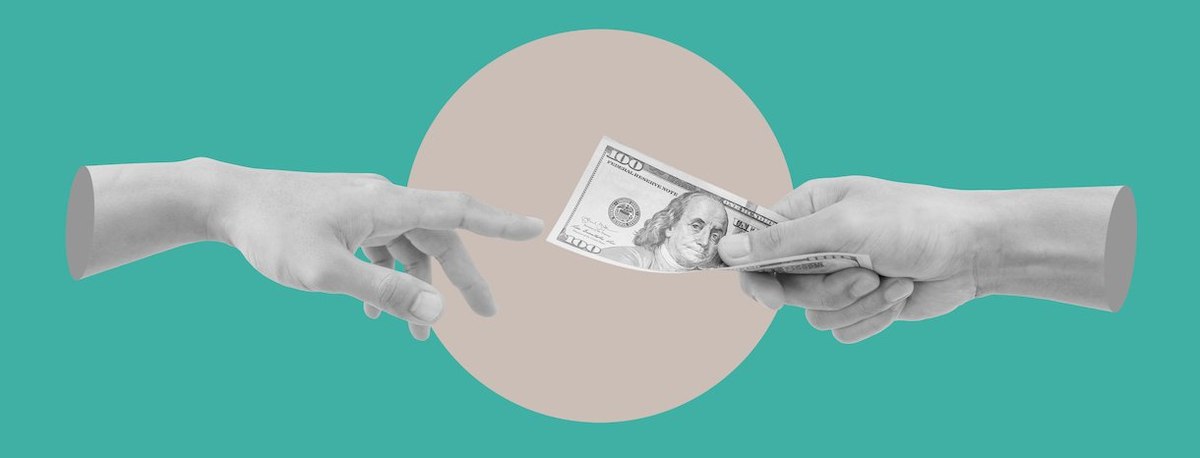In an unusual move, the founder and owner of outdoor apparel company Patagonia announced earlier this month that he and his family members who are co-owners would transfer ownership of the company, valued at around $3 billion, to a trust designed to ensure that all of its profits go to combating climate change and protecting undeveloped land. Recent polling by YouGov finds that 60% of Americans approve of this decision, while only 19% disapprove. Democrats (81%) are more likely than Independents (61%) or Republicans (46%) to support the 83-year-old Patagonia founder's decision.
In addition to asking about the approach that Patagonia's owner took, the poll asked about seven other potential options for owners of large private companies when they plan for what will happen to their companies after they die. Among the eight options presented, Patagonia's approach ranks third in the share of Americans who deem it to be a very or somewhat good idea. The most highly regarded option — leaving the company to their heirs — is followed closely by a far less common choice: converting the company to a worker-owned cooperative. One possibility stands out as by far the least likely to be considered a good idea: selling the company and donating the profits to political causes.
What would Americans plan to do if they were the owner of a large private company? The most common answer, selected by one in three people (35%), is to leave the company to their heirs after their death. About half as many (15%) say they'd turn the company into an employee-owned cooperative, and 9% say they would take the approach of the founder of Patagonia — that is, transfer ownership to a trust that will use its profits philanthropically. Other options, including taking the company public (3%), turning it into a non-profit (3%), and selling it to donate to political causes (1%), receive far less support. Compared to Democrats, Republicans are twice as likely (52% vs. 25%) to say they'd pass on the company to their heirs; Democrats, on the other hand, are more likely to say they'd turn it into a cooperative (19% vs. 10%) or create a trust ensuring the profits go to philanthropy (14% vs. 6%).
If Americans had at least $1 billion to donate, which causes would they give to? When asked to select the causes they'd divide their fortune between, Americans' top three choices are human services, health and disease, and education. The causes they are least likely to select are research and public policy, international aid, and arts and culture.
Democrats and Republicans say they'd distribute their fortune in different ways. Democrats are far more likely than Republicans to say they'd give to civil rights (42% vs. 7%) and environmental causes (46% vs. 21%), while Republicans are much more likely to say they'd donate to religious organizations (34% vs. 13%).
RELATED: Most Americans support raising taxes on billionaires
— Carl Bialik and Linley Sanders contributed to this article
This poll was conducted on September 16 - 19, 2022 among 1,000 U.S. adult citizens. Explore more on the methodology and data for this poll
Image: Adobe Stock (SasinParaksa)











